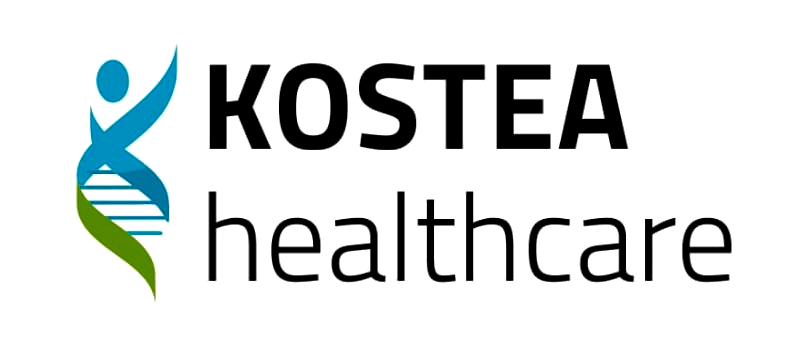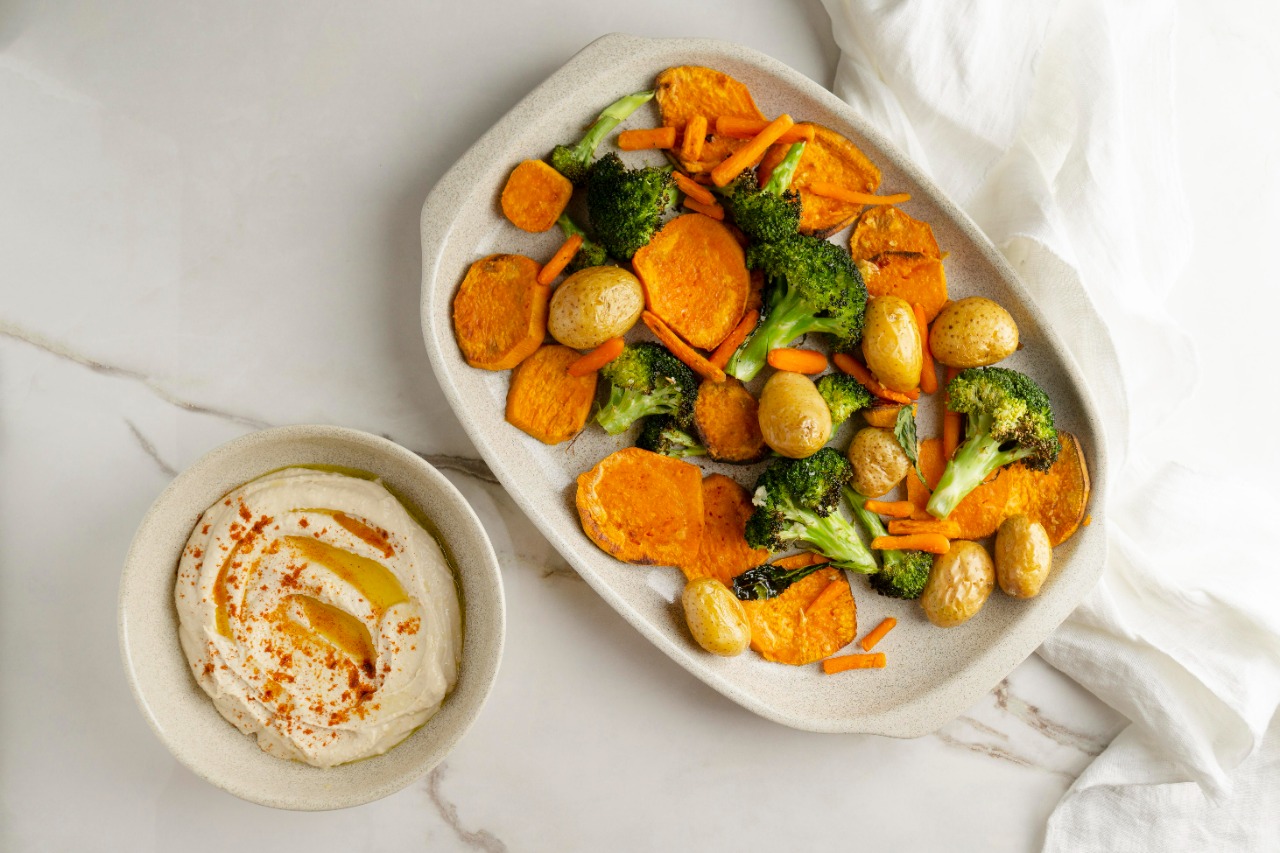At some point in the last several years, you’ve probably seen a sign advertising a protein supplement that claims to help you “grow greater muscle” or “reduce more weight.”
Protein, on the other hand, what is it? In terms of our physical health, what does it do? Proteins are the building blocks of our tissues and organs. As we grow, the tissues need the right nourishment which our regular diet cannot provide. Therefore, Protein Supplements are recommended.
What Is a Component of Protein?
When it comes to our bodies’ ability to grow, repair and replace cells, protein is one of the three key dietary categories we require. Distinct kinds of proteins have different functions in our bodies. As an illustration:
- Antibodies are formed by proteins, which aid our immune system in the battle against disease.
- Nutrients including vitamins, blood sugar, and oxygen are carried throughout our bodies by transport proteins.
- Proteins are an important source of energy for our body.
- Because new cells can only be generated via the production of new tissue if our bodies are supplied with protein,
- Our bodies work well if we have adequate protein in our system. Loss of muscle mass and impaired heart and lung function are just a few of the side effects that might occur if we don’t eat enough.
More protein, less (or zero) carbohydrate has been a theme in a variety of different diets. Does this actually work?
Protein intake has been studied extensively in relation to weight reduction and control. According to a study published in the April 2015 issue of the American Journal of Clinical Nutrition, not only does protein help maintain a healthy resting metabolism, but it also makes people who eat a lot of protein feel “more full,” which may lead to them consuming fewer calories throughout the course of the day.
Weight loss has been aided by diets containing roughly 25-30 grammes of protein every meal, even though each person’s nutritional requirements are unique.
Protein Intake: How Much Is Enough?

The MyPlate recommendations, published by the U.S. Department of Agriculture, indicate that protein account for around a quarter of your plate’s total calories. You may use an online calculator or multiply your weight in pounds by 0.36 to figure out how many grammes of protein you need each day.
Supplements may be essential for certain people with specialised protein requirements, but for the vast majority of people, just eating the correct meals is adequate to meet their protein needs. The following are some foods that provide a good amount of plant protein:
- Soy protein
- Chia Seeds
- Oats
- Pea Protein
- Brown rice protein
- Almonds
- To put it another way,
- Yogurt of Greek Origin (nonfat)
- Breakfast cereal made with oatmeal (plain, unflavored)
- Quinoa
- Tilapia
- Choose “whole” versus “processed” foods at the grocery store since they provide additional nutritional advantages that most processed products lack.

